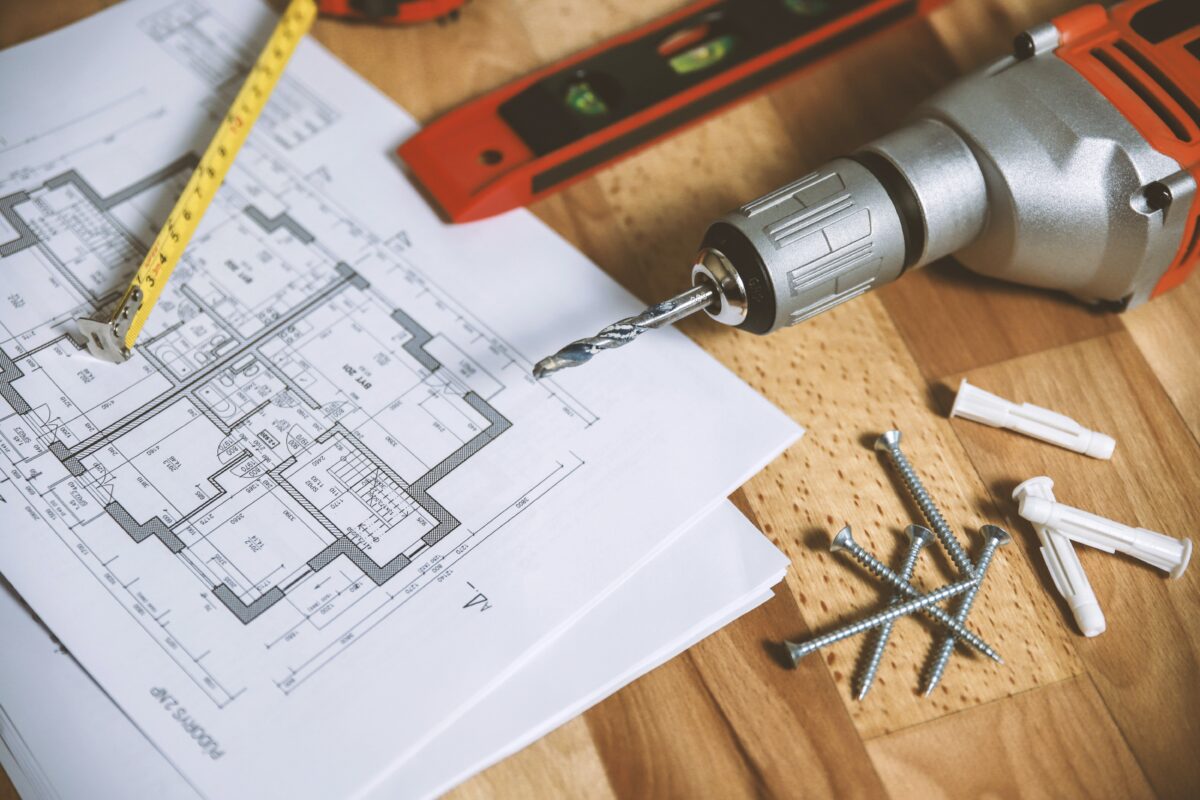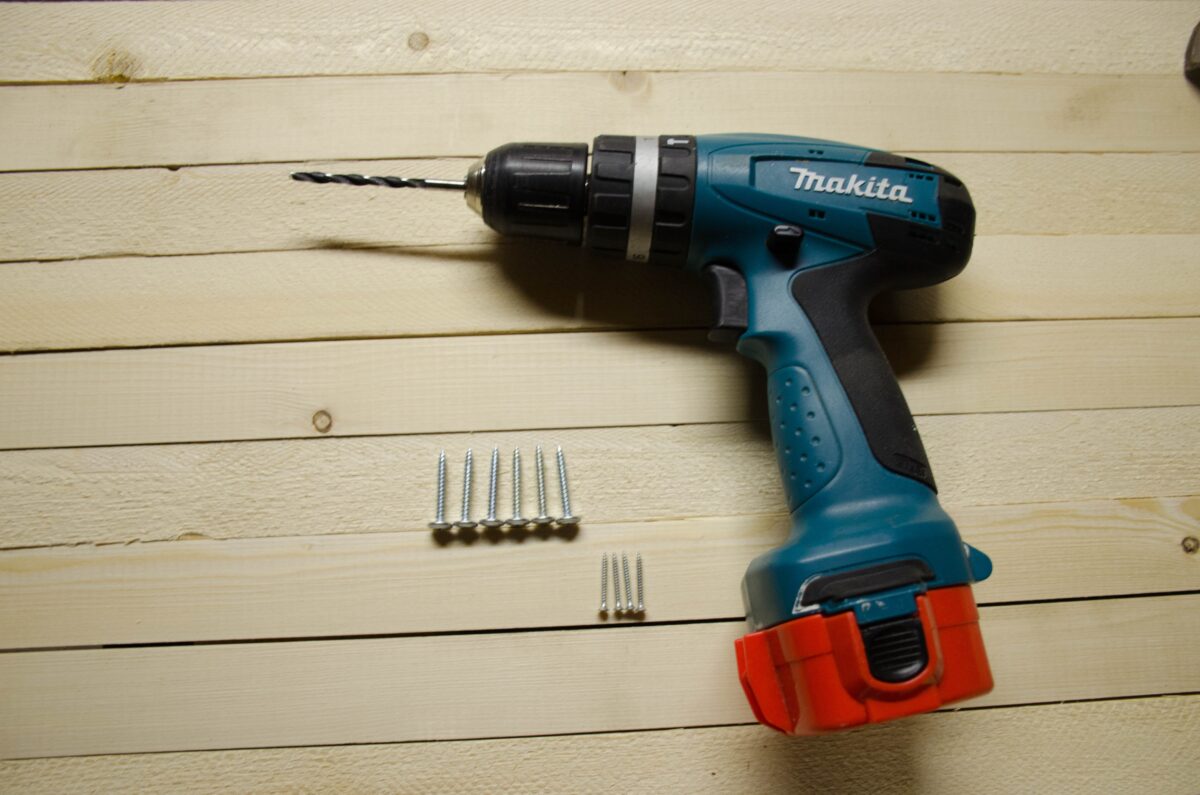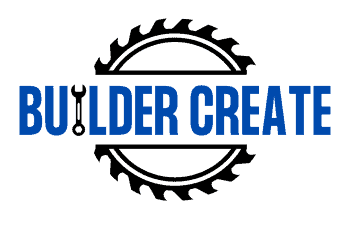I have drilled everything from steel to cast iron over the years. As a longtime metalworker, I know the pain of using the wrong drill bit on metal. Using the wrong bit leads to slow progress and broken bits.
Here, I will share my expertise on choosing the right bit for metal, whether you are a do-it-yourselfer or a machinist. Save yourself headaches by finally learning what bit to use for metal. In the article, you will know exactly which drill bit to use for stainless steel, aluminum, and other metals.
Contents
What Drill Bit to Use for Metal
Use high-speed steel twist bits for most mild steel and aluminum, brass, and copper drilling jobs; carbide-tipped or cobalt bits for stainless steel; and titanium bits for drilling hard metals. For sheet metals, you can use left-handed and Brad Point bits.
The type of bit you should use for metal depends on the specific metal you are drilling into. You must also select the right one to provide good precision and help prevent wandering or slipping during drilling.
The Best Drill Bits for Cutting Metal
The appropriate drill bit can make the difference between a smooth operation and a difficult one when drilling metal. It might be difficult to determine which one works best for your specific metalworking needs when numerous options are available. Here are the most common and effective bit types for metal applications:

Twist Drill Bits
Twist bits are the most common and cost-effective metal drilling bits. They feature two fluted cutting edges that spiral down the length of the cylindrical bit. The twisting grooves help channel metal chips out of the hole during drilling.
They come in high-velocity steel, cobalt steel, and carbide tip styles. High-velocity steel is sufficient for most mild metals, while cobalt and carbide are ideal for hard metals like stainless steel. The lifespan of drill bits like this is longer than others.
Cobalt Drill Bits
Cobalt bits are made from an alloy of high-sharp steel and cobalt. The cobalt increases hardness, heat resistance, and durability compared to standard high-velocity steel bits.
Cobalt bits stay sharper and longer when drilling through super hard metals like stainless steel and titanium. They also resist high heat generated during cutting.
Titanium Drill Bits
They offer maximum hardness for drilling hard metals. They are coated with titanium nitride, which creates a super hard, slick surface that minimizes friction.
Titanium bits stay sharp up to 20 times longer than uncoated bits. They also resist heat and build-up edges. Titanium coating works well on high-sharp steel and cobalt bits.
Left-Hand Drill Bits
Left-handed bits are designed to cut in the opposite direction of standard right-hand bits. Standard bits can catch and spin the metal when drilling smooth or layered metals.
They help prevent binding, twisting, or damage to the metal. There is also the possibility why a drill bit keep coming out. Moreover, they are best for drilling aluminum, brass, copper, and laminated sheets.
Brad Point Bits
They combine a center point with cutting spurs around the circumference. The Brad point keeps the bit centered to prevent the drill from walking or wandering.
The spurs score the metal before the main cutting edges begin drilling. This creates clean, precise holes in metal. Brad’s points work well on sheet metals.
Key Drilling Tips for Metal Bits
Drilling holes in metal surfaces requires the proper techniques and considerations to achieve accurate and clean results. Make sure to learn how to prevent drill bit rust. Here are some key tips:

- Select the appropriate bit. Different metals require specific types of bits.
- Use the right drilling speed. Generally, slower speeds are recommended for harder metals, while faster speeds can be used on softer metals.
- Use oil or lubricant as a coolant.
- Let bits cool periodically to prevent damage from overheating.
- Apply consistent, firm pressure, yet do not push too hard.
- Clamp the metal down to prevent vibration, chatter, or wandering.
- Back out bits frequently to clear away metal shavings.
By following these best practices, your bits will stay sharper for longer when boring through metal. If your drill bit overheats, check out why do drill bits get hot.
Related Questions
Can You Use Any Bit for Metal?
No, you can not use just any bit for drilling into metal. Using the wrong one can result in poor performance, damage to the bit or the material being drilled, and potentially pose safety risks. Check the metal thickness and hardness first when choosing the best bit.
How Do You Know if a Bit Is for Metal?
To know if a bit is for metal, check if its fluted spiral design is designed to eject metal shavings. Check for the numbered sizes instead of fractional inches, black oxide coatings that reduce friction and wear, and clear labeling on the packaging.
Do I Need a Special Drill Bit for Metal?
Yes, you require a specialized bit for drilling into metal. The rigors of drilling through metal are built into their design. Their durability, hardness, and heat resistance are improved by using materials such as high-sharp steel, cobalt, and carbide, as well as by applying a titanium coating.
Conclusion
Choosing the right bit type for drilling metal is crucial for clean and fast holes. Opt for those engineered specifically for metal, either high-speed steel or – for hard metal – carbide-tipped. Their durability, sharp tip angle, and design will cleanly penetrate while resisting wear far better than standard ones.
